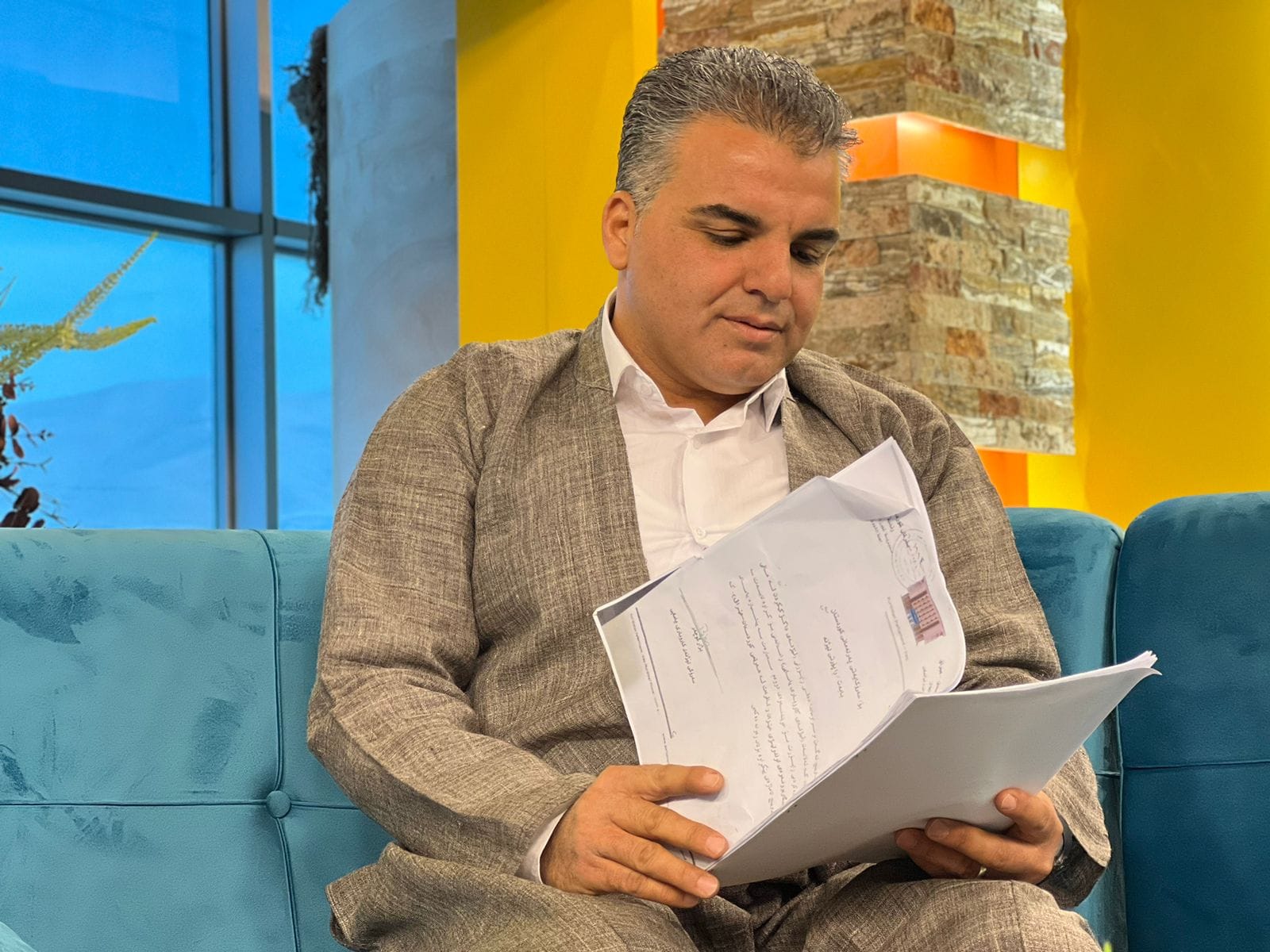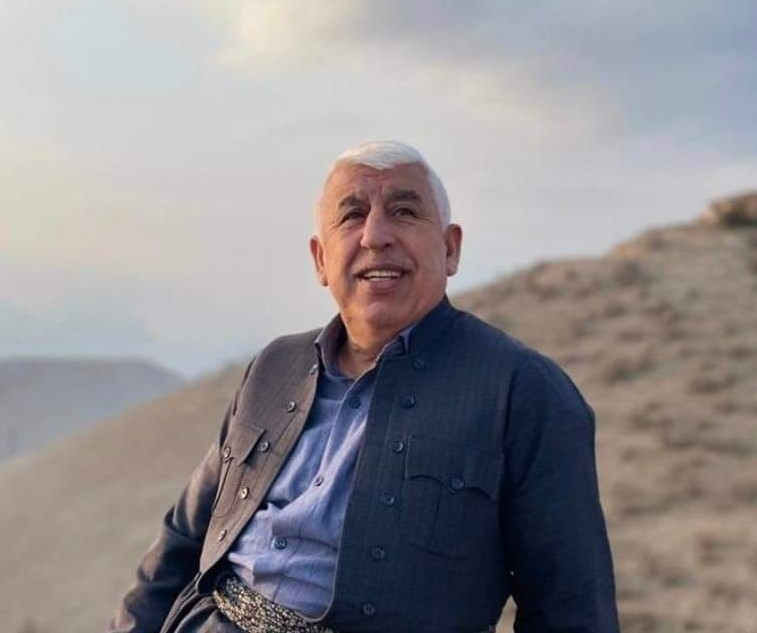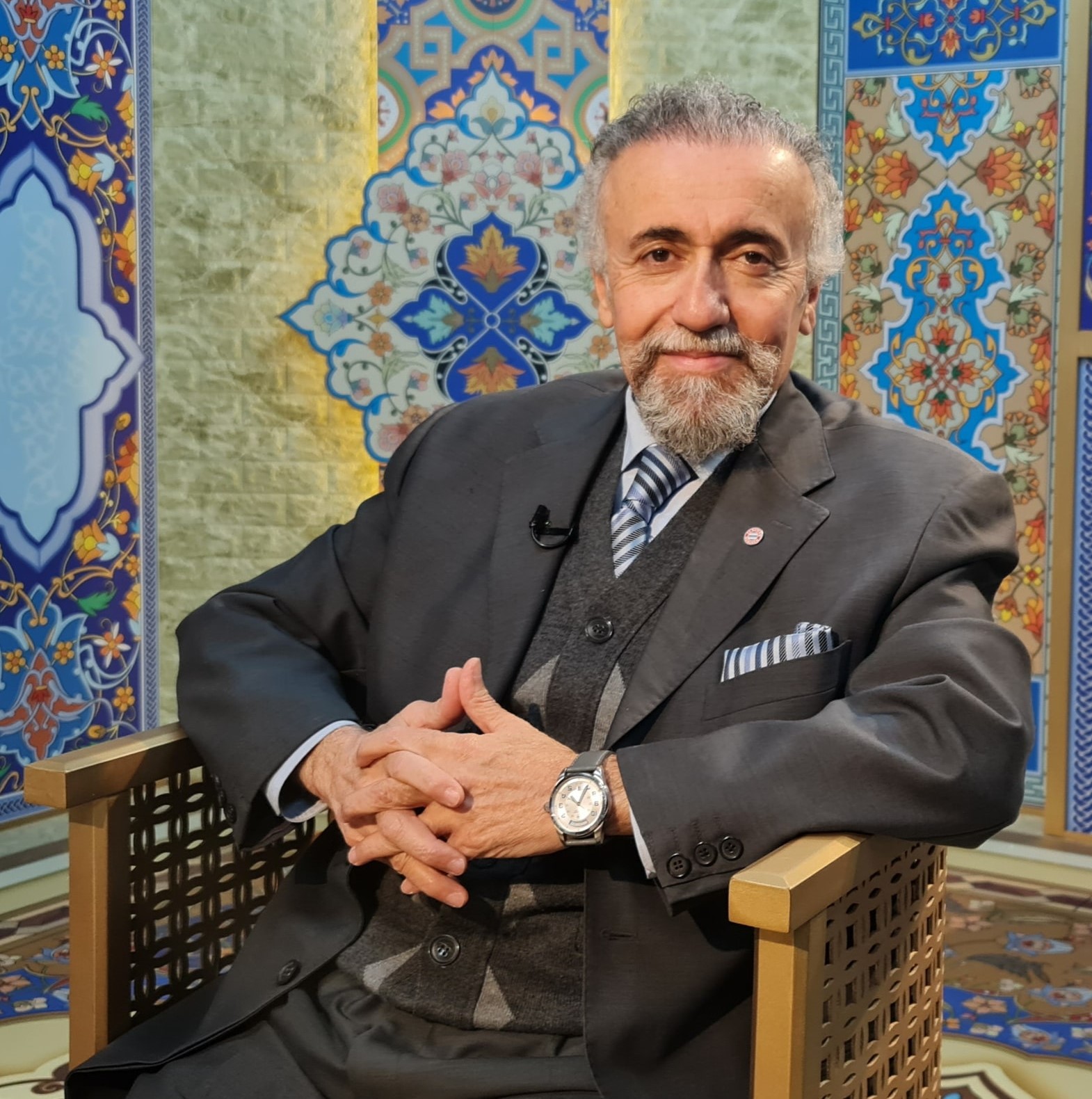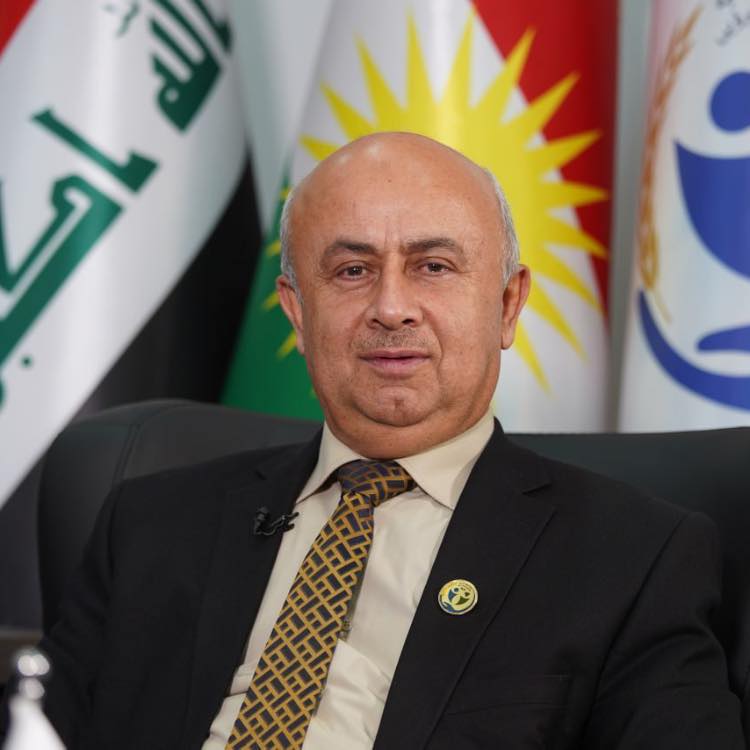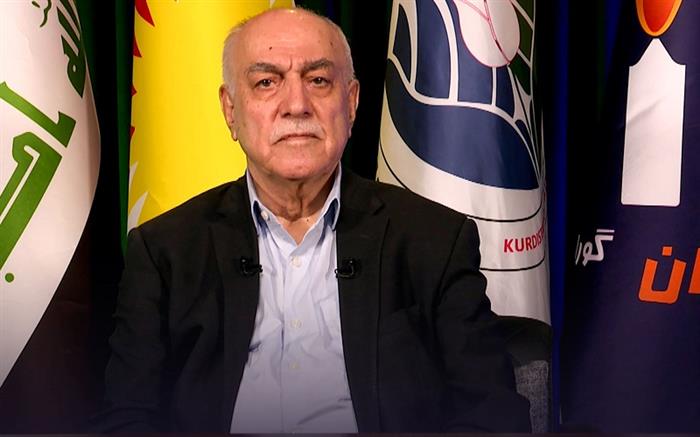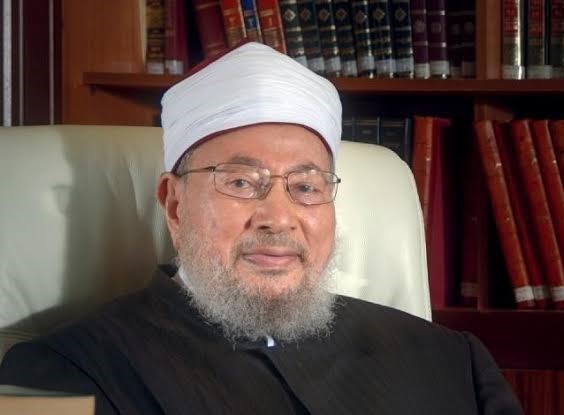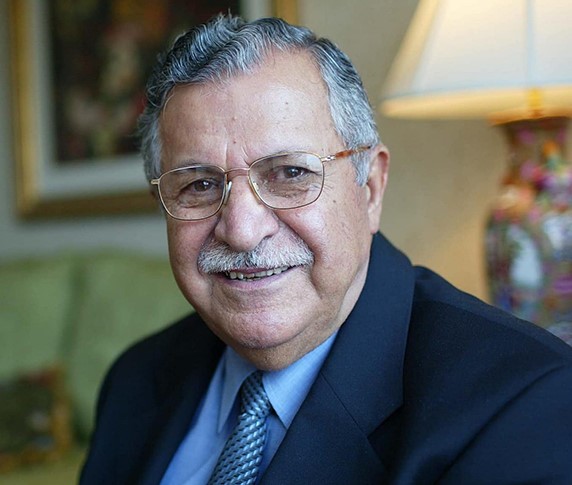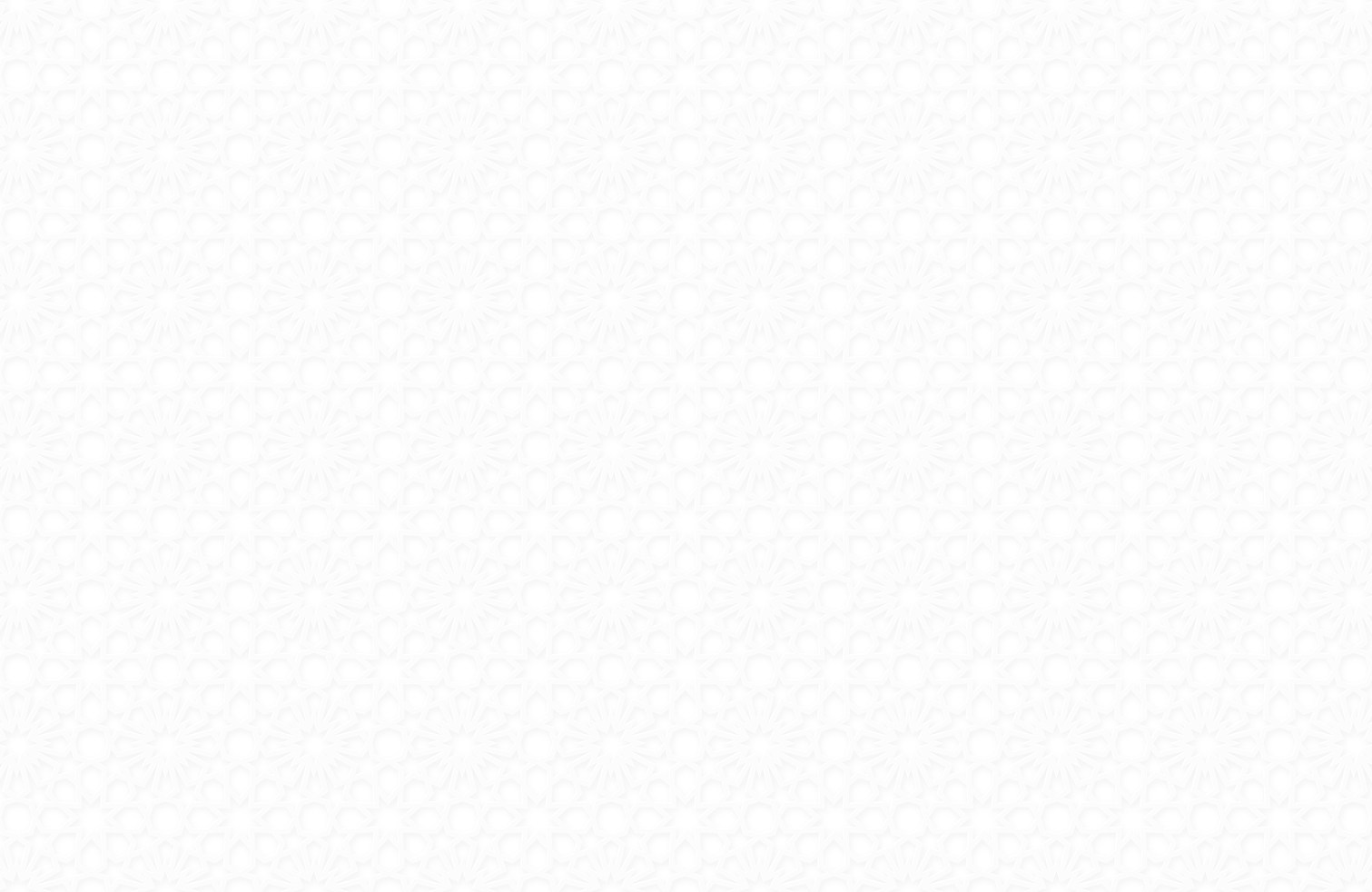Aug 15 2025
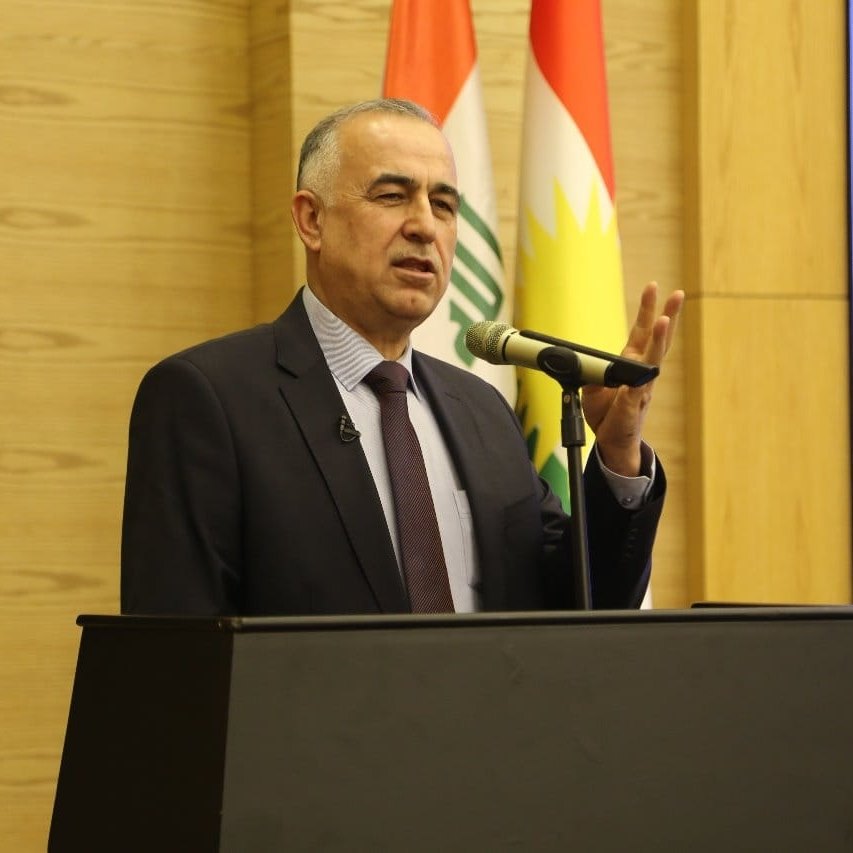
How Should We Understand the Kurdish Role of Dr. Ali Qaradaghi in His Position as the Head of a Global Islamic Organization?
A National Perspective
By: Abubakir Karwani
Since the 1980s, Dr. Ali Qaradaghi has become a prominent name in the Islamic circles of the region, the world, and Kurdistan. The establishment of the Kurdish Islamic League (Rabita Islami Kurd) in the eighties was an important station in his life. In the nineties of the last century, under a severe economic embargo and a crippling period of hardship, he was able to provide significant service to his people, especially the low-income segments, through his charitable organization. He also participated in the reconstruction of a Kurdistan devastated by the destructive scourge of the Ba'ath regime. Through the magazine "Bang-i Haq" (The Call of Truth), he also made a notable contribution to reintroducing the position of Kurds in Islamic civilization and the region, their personalities, and the Kurdish issue to Islamic forums and centers.
The establishment of the "International Union of Muslim Scholars" further introduced his name as a scholar and a scientific and Islamic figure to the world, especially the Islamic world. Now, within that framework, he has been elected as the president of this important organization. On this occasion, we congratulate him and ask God Almighty for his success in his work, hoping for even greater service and a larger role. We also take this opportunity to discuss from what perspective and with what criteria we can evaluate and judge his Kurdish role in such a global position, so that we do not commit an injustice against an important symbol and personality of our own, and thereby commit an injustice against ourselves, our people, and our nation. This is because, as one thinker says, "If you want to destroy a nation, try to break its symbols, cause its education process to fail, and strike at the status of motherhood and family values." Unfortunately, for a long time, a part of our society, and even a part of our elites, have been "symbol killers." Therefore, it is with regret that in the past, we have often heard taunts, ridicule, and unjust attacks on this personality and symbol of our nation, stemming from a narrow partisan and ideological perspective. Of course, he is human and capable of error and missing the mark in his opinions, ijtihadic views, and stances. From this standpoint, criticizing him becomes a normal matter, but it must be within a framework of respect and appreciation for his personality, and not reducing his entire life and services to a single stance or opinion that you and I may not like. Just because you and I do not like something does not necessarily mean it is wrong, because events and personalities have various dimensions, and part of the problem with our evaluations is related to our own horizons, methods, and ways of thinking, as well as our criteria for assessment. To respect our symbols and benefit from them as needed, it is not a condition for me or anyone else to think like them in everything, including Dr. Ali. Fundamentally, the role that the Doctor can play from such a position for the benefit of his nation at certain times is different from the role that a thinker, an activist, an intellectual, or a political cadre and leader in Kurdistan can play. The mechanisms and methods of service change. For example, the President of Iraq, if he wishes, can serve Kurdistan and its people, but it is within the framework of his duties and his constitutional role. Therefore, it is a mistake to ask him to play the role of the President of the Region, because they are two different positions and duties.
Therefore, when he does not condemn a certain personality or praises them, it relates to the difference in his position, duties, and role compared to a political cadre or an intellectual in Kurdistan. Thus, a significant part of his praise and criticism is on the level of the Islamic world. When he takes a stance, he does not take it as a Kurd, but as the head of a global Islamic organization. However, this does not mean he cannot serve his own people from that position. To better understand this equation, I find it necessary to consider the following points:
His presence in this position, beyond anything else, proves the vitality of the Kurdish nation in producing scholars and personalities. It also reintroduces and displays the authentic, historical, and Islamic face of the Kurds as a majority-Muslim nation and an active participant in Islamic civilization.
The presence of the Doctor, at the very least, prevents someone else from sitting in that sensitive position whose knowledge and understanding of the Kurds, their history, reality, and issue, might be weak and limited, if not outright poor. During the issuance of fatwas, decisions, and stances, such a person might not consider the Kurds, their cause, and the nature of their conflicts with the region's states as a determining factor. In contrast, this is present in the Doctor's thought, and he grapples with its reality firsthand. From this perspective, even if the Doctor can do nothing else, he plays a role in preventing the organization from being used against the Kurds and their cause.
The Doctor is the head of an organization that has members in ninety-two countries on the level of the Islamic world, with over eighty thousand individuals in its ranks. This is in addition to nearly sixty other diverse organizations that operate under its umbrella. Therefore, this is not a Kurdish organization, so its understanding of the nature of its relationships, its criticisms, and its praises will not be identical to ours. It views matters from the perspective of its general Islamic duties, of which the Kurds are a part. So, if the Kurds or a Kurdish force dislikes a certain leader, when he sits with them or praises a specific stance of theirs, as we said, he does not do it as a Kurd, but as the head of a global Islamic organization for which, for example, Turkey may be a friend and a refuge in some conflicts. However, this understanding, even from a purely political perspective, if we have a national vision for the role and the issue that is above partisan and ideological divides, can be utilized in several ways to benefit from the position of a personality like Dr. Ali, including:
Mediating between conflicting and warring Kurdish forces, or between some Kurdish forces and an opposing state. He has done this during the internal war and tensions in the South [Kurdistan Region of Iraq], and for the latter, Qandil [the PKK leadership] requested this of him at one stage.
Attempting to reduce the pressure from neighboring countries during political crises. Just as after the [2017 independence] referendum, he did what he could in this regard to prevent Turkey from imposing an economic embargo on the Region.
Issuing fatwas in favor of strengthening our defense capabilities and providing an Islamic cover for our legitimate rights, as he did during the war against ISIS and the hesitation of some Peshmerga forces to fight against a force that raised the flag of "La ilaha illallah."
Showing a beautiful face of Kurdistan and its people, and dispelling the fog of some of the poisonous political propaganda spread by regimes in past decades in some forums and centers.
Building relationships with certain forums, centers, and personalities that may be easier and more accessible through him, and which can benefit our people and its political leadership when needed.
